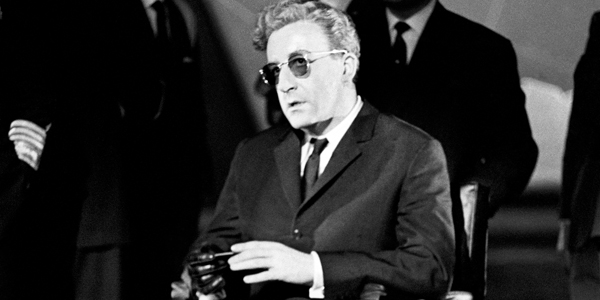19 books
Nothing but the truth
Daisy Hay
Prairie Fires: The American Dreams of Laura Ingalls Wilder
Caroline Fraser
(Fleet, 640 PP, £20)
Tablet Bookshop price £18 • Tel 01420 592974
In the pantheon of classic children’s literature, Laura Ingalls Wilder’s “Little House” books shine about as brightly as it is possible to shine. Generations of readers from all over the world have consumed her stories of homesteading life with passionate devotion. Over the decades, her readership has been as diverse as it is large. Little House on the Prairie is the only book Sarah Palin’s family recalled her reading as a child; Saddam Hussein was apparently a Wilder fan. In the aftermath of the Second World War, the books were translated into Japanese on the orders of American generals; multiple American presidents have cried over Laura’s suffering and rejoiced in her triumphs.
“As children, we thought we knew her,” writes Caroline Fraser in this magisterial biography. As a child, I didn’t just think I knew Laura: I thought I WAS her. I believed I knew her Pa and Ma like I knew my own parents; I knew too how she experienced her fraught relationship with her good older sister, Mary; and how funny her little sisters Carrie and Grace looked bundled up in their winter hoods. I knew what her one toy felt like (it was a rag doll, made by Ma). I knew how hard she tried to be good; but how strong the pull of the open prairie was, calling her away from chores and domestic decorum into the wild open spaces she evoked in spare and beautiful prose. She made me walk in her shoes – or at least, she would have done, had she not been running barefoot through the grasses.
I thus approached this biography with a certain amount of trepidation, but I needn’t have worried. Fraser makes it quite clear that she is a huge admirer of Wilder’s work and she takes her completely seriously as a literary artist. She has little time for earlier, sensationalised accounts of the discrepancies between the facts of Wilder’s biography and the narrative arc of her autobiographical fiction, and she isn’t interested in pinning some notional reality down simply for its own sake.
Instead Fraser does three things. First, she brings a wealth of archival research to an account of Wilder’s story that charts her history from her pioneer childhood onwards. She brings to life episodes that Wilder could not bear to revisit and untangles some of the elisions of chronology that characterise the stories. She draws attention to the fact that Wilder worked for a living almost continuously between the ages of nine and 90: skivvying in seedy lodging houses when her parents’ funds ran dry; teaching and sewing in her teens; waiting tables after illness left her husband permanently disabled; administrating complex farm loan schemes in middle age; before finally turning to writing at the insistence of her daughter, the journalist Rose Wilder Lane.
Secondly, she brings an incisive and sympathetic eye to an extended analysis of the fraught relationship between Wilder and Rose, moving between the biographies of both women in order to produce a subtle account of their working relationship. She takes seriously the argument that it was Rose who was the driving creative force behind the Little House books, but ultimately she convincingly demonstrates that Rose’s contribution was to harness and edit her mother’s genius; laying to rest years of debate about the series’ authorship.
Finally, Fraser uses Wilder’s history to tell a broader story about American history, in which the ecological disaster of homesteading figures prominently. Unwittingly, Charles Ingalls and his contemporaries were truly “breaking the land” when they ploughed up the prairie to grow crops; his daughter would suffer the effects of the changing structure of the prairie topsoil in the dustbowl of the 1930s. Also given prominence are the dispossessed Native American populations with whose story Wilder’s was intertwined. All this might sound dry as dust but it’s quite the opposite, even for less ardent Little House fans than me. “All I have told is true but it is not the whole truth,” Wilder wrote. The “whole truth” is a slippery concept in any biography but it is hard to see how any biographer could get closer to it than Fraser does here.


